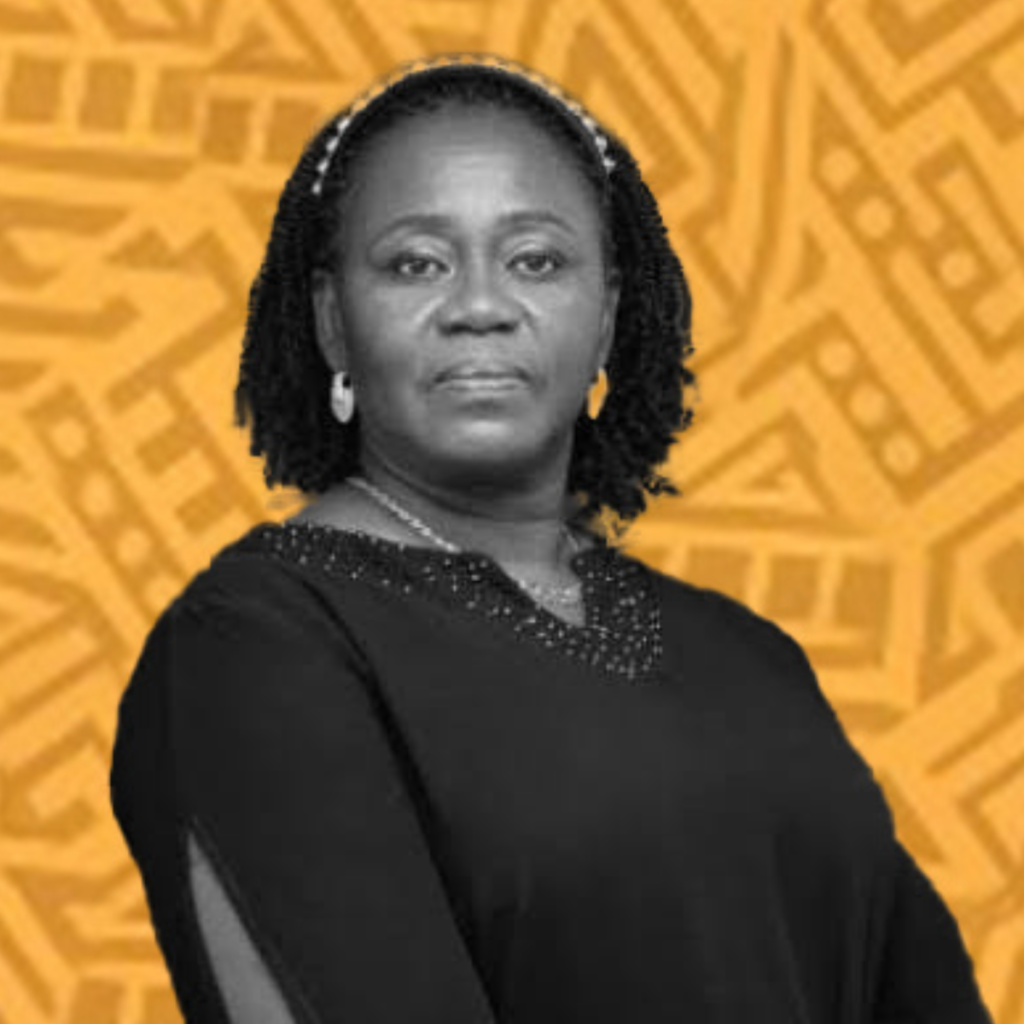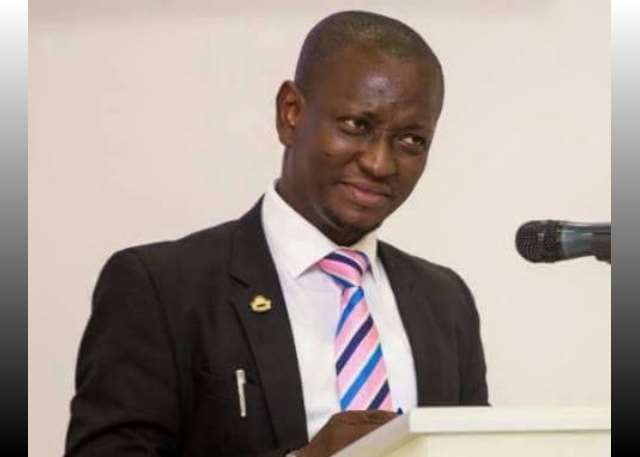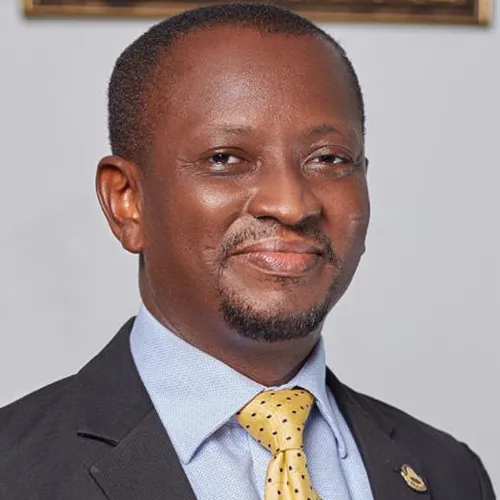Former Deputy Attorney General, Alfred Tuah-Yeboah, has strongly rejected claims by Attorney General Dr. Dominic Ayine that the Ghana Bar Association (GBA) is partisan and self-serving.
His response comes after Dr. Ayine, speaking at the GBA’s Annual Conference in Wa, accused the Association of inconsistent advocacy on constitutional matters.
Dr. Ayine had argued that the GBA failed to show fairness in its interventions, pointing to the Association’s silence during the removal of former Electoral Commission Chairperson, Charlotte Osei, while being vocal about the recent removal of Chief Justice Gertrude Torkornoo.
He suggested that the Bar had only “found its voice” under the current administration, raising concerns about its credibility.
Mr. Tuah-Yeboah dismissed Dr. Ayine’s position, insisting that the Attorney General, as the statutory leader of the Bar, cannot distance himself from its actions.

“We must recognise that the Attorney General is the leader of the Bar. He’s part and parcel of the Bar. And for that matter, the comments that he made about the activities of the GBA, if they’re positive or negative, he’s part of it”
Alfred Tuah-Yeboah, Former Deputy Attorney General
He stressed that the Attorney General’s remarks amounted to an attack on his own leadership, since his office is inherently tied to the Association.
Mr. Tuah-Yeboah rejected suggestions that the GBA had been inconsistent in its interventions. He emphasised that the removal of a Chief Justice could not be equated to the removal of an Electoral Commission Chairperson.
“I do not agree with the Attorney General that the GBA has now found its voice with the current administration, after it lost its voice some time ago”
Alfred Tuah-Yeboah, Former Deputy Attorney General
He argued that the GBA’s comments on the removal of Chief Justice Torkornoo were legitimate and well within the Association’s mandate to speak on constitutional matters of national importance.

Call for Commendation
The former Deputy Attorney General urged that the GBA’s actions should be recognised as a demonstration of its role in defending democratic institutions, as its intervention on the matter of the Chief Justice was not a partisan gesture but a legitimate expression of concern for the integrity of Ghana’s legal system.
“Does it mean that the GBA should never comment on any issue again? I expected the Attorney General to rather commend the GBA for speaking out,” Mr Tuah-Yeboah remarked.
His defence of the GBA underscores wider debates about the Association’s role in Ghana’s constitutional framework.
The GBA has long been regarded as a moral voice in the country’s democratic journey, but recent disagreements reveal tensions between the Bar and government officials over its independence and neutrality.
By emphasising that the Attorney General is not separate from the Bar but an integral part of it, Mr. Tuah-Yeboah sought to shift responsibility back to Dr. Ayine, suggesting that criticism of the Association must also account for his own role within it.
The exchange between the two legal figures reflects an ongoing discourse about how professional bodies like the GBA should navigate politically sensitive issues while maintaining credibility.

With a new government now at the helm of affairs, the Association’s role in fostering accountability and upholding the rule of law remains under scrutiny.
As the GBA continues to weigh in on constitutional issues, the controversy sparked by Dr. Ayine’s remarks and Tuah-Yeboah’s defence may shape public expectations of how the Bar positions itself in Ghana’s evolving democracy.
READ ALSO: Fuel Prices Set to Rise as Cedi Weakens – COMAC Outlook



















